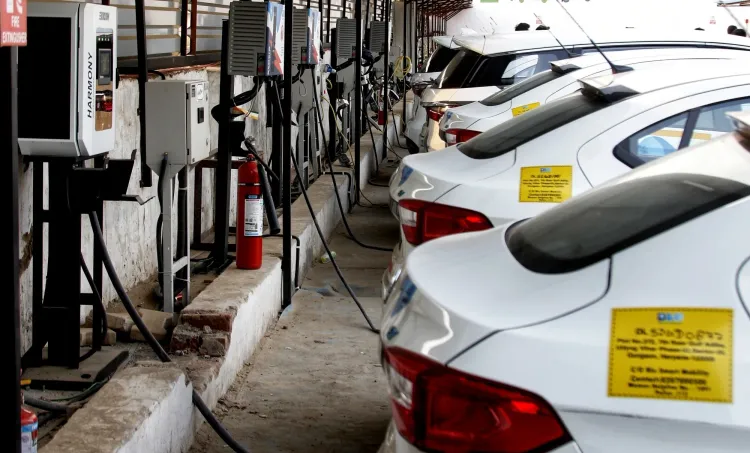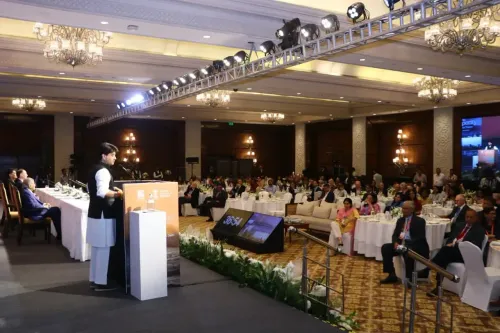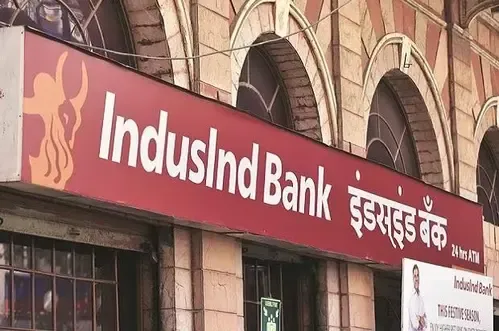Is 40 GWh Battery Cell Capacity Being Awarded to 4 Firms?

Synopsis
Key Takeaways
- 40 GWh of battery capacity awarded to four firms.
- India aims to reduce reliance on Asian imports.
- Initiatives like NCMM focus on securing critical minerals.
- KABIL targets Lithium and Cobalt assets abroad.
- Collaboration with countries rich in minerals is underway.
New Delhi, Aug 12 (NationPress) In an effort to diminish reliance on Asian nations for lithium-ion batteries and essential materials, the government has granted 40 GWh of Advanced Chemistry Cell (ACC) capacity to four designated firms, with projects currently underway, as stated in Parliament on Tuesday.
India's heavy dependency on Asian countries for the manufacture and advancement of Electric Vehicles (EVs) poses risks related to supply chains and price instability.
Most global battery value chain imports are sourced from China, which significantly dominates this sector, Minister of State for Steel and Heavy Industries, Bhupathiraju Srinivasa Varma, informed the Lok Sabha in a written statement.
As part of the Production-Linked Incentive (PLI) scheme, known as the 'National Programme on Advanced Chemistry Cell (ACC) Battery Storage', overseen by the Ministry of Heavy Industries (MHI), one of the beneficiary firms has begun a pilot run with an installed capacity of 1 GWh for ACC, the minister reported.
According to the Ministry of Mines, the Union Cabinet sanctioned the initiation of the National Critical Mineral Mission (NCMM) on January 29, 2025, to last for seven years from 2024-25 to 2030-31, with an anticipated expenditure of Rs 16,300 crore and expected investment of Rs 18,000 crore from Public Sector Undertakings (PSUs) and other contributors.
The NCMM is designed to ensure a long-term, sustainable supply of critical minerals and enhance the value chains of critical minerals in India, covering all stages from exploration and mining to processing and recovery from end-of-life products, the minister elaborated.
“To foster bilateral ties with nations rich in mineral resources, the Ministry of Mines has established agreements with several countries, including Australia, Argentina, Zambia, Peru, Zimbabwe, Mozambique, Malawi, and Cote D’Ivoire, along with international organizations like the International Energy Agency (IEA),” he added.
The Ministry of Mines has also initiated Khanij Bidesh India Limited (KABIL), a Joint Venture aimed at discovering and securing overseas mineral assets of critical and strategic importance, particularly targeting minerals such as Lithium and Cobalt.
KABIL has signed an Exploration and Development Agreement with CAMYEN, a state-owned enterprise in the Catamarca province of Argentina, for the exploration and mining of five lithium blocks, covering 15,703 hectares in Catamarca for lithium-related activities.
Additionally, KABIL is exploring collaborative investments in large-scale projects in Australia alongside other Indian PSUs. The Ministry of Mines is also actively participating in various multilateral and bilateral forums, including the Minerals Security Partnership (MSP), the Indo-Pacific Economic Framework (IPEF), and initiatives focused on Critical and Emerging Technologies (iCET) to bolster the value chain of critical minerals.









